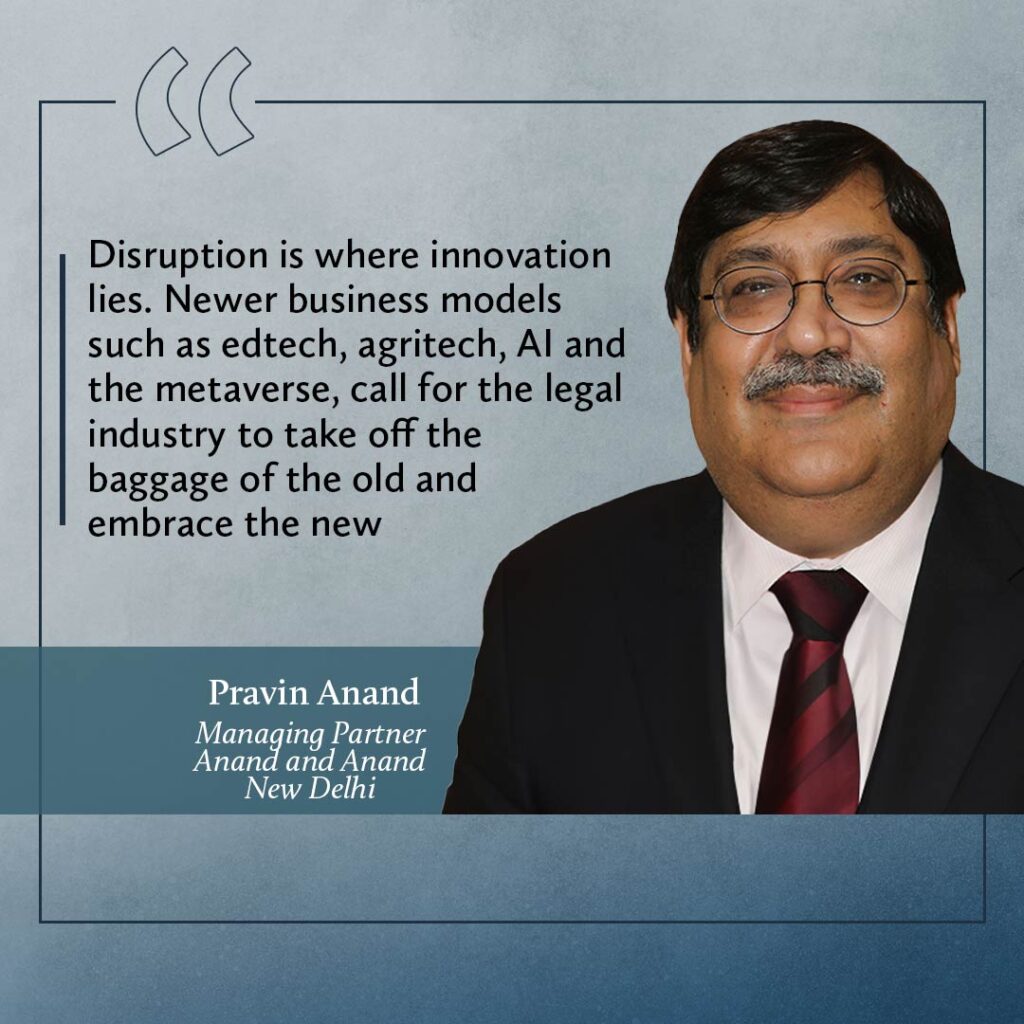Across Asia, lawyers are experimenting with legal technology and tools to capitalize on efficiency, management, and research. Vandana Chatlani explores just what tech is hot
Never enough hours in the day or staff for the job? Legal technology promises to fill these gaps. But what works and why? What, amongst the plethora of offerings, will be the one that makes the difference to your business? As always, technology providers are working to develop the tools they hope will become indispensable to legal professionals. They entice law firms to buy their software if “being wrong is not an option”, promising that lawyers can “retrieve key information in a matter of minutes” and harness “powerful administrative software” to “manage their workflow process efficiently”.
Law firms have fitted technology to the entire spectrum of legal services. So, here is their wisdom on what works, from Indonesia to Japan, and India eastwards.
“Our firm has subscribed to quite a number of legal technologies … to help with due diligence for M&A work and recovery work in dispute resolution,” says David Cheng, a partner at Winston & Strawn in Hong Kong.
Gaurav Bhalla, a partner at Ahlawat & Associates in New Delhi, says technology is integral to his firm. “Legaltech has played a crucial role by streamlining processes, improving efficiency, enhancing client services, and helping lawyers stay competitive.”
Docketing and document management systems have helped LexOrbis organise, store and retrieve data and documents. The system prevents the loss of critical information and saves valuable time that can be better spent on legal work.
“Legaltech tools also provide lawyers with access to vast databases of case law, statutes, and legal commentary,” says Manisha Singh, the firm’s founder and managing partner. “This enables lawyers to conduct thorough research quickly, helping them build stronger cases and provide more accurate advice to clients.”
Vu Thi Thu Ha, director and managing partner at ATS Law Firm in Hanoi, says: “It is imperative for law firms in particular and the legal profession as a whole to adapt to the current trend of utilising technology.” Vu says everyone at ATS is “in unison in adapting to and incorporating newer technology … with a healthy mix of traditional lawyer work and the help of legaltech”.
While investments in legaltech are essential, Bangkok-based Andrew Stoutley, the COO of Tilleke & Gibbins, says they are only a starting point. “The key challenge for firms is to ensure that their process for selecting, implementing and evolving their technology is truly aligned with client needs and client expectations.”
Pravin Anand, the managing partner of Anand and Anand in New Delhi, calls the tech evolution a time of disruption. “Disruption is where innovation lies,” he says, adding that in India and beyond, “newer business models – such as edtech, agritech, AI and the metaverse – call for the legal industry to take off the baggage of the old and embrace the new”.

You must be a
subscribersubscribersubscribersubscriber
to read this content, please
subscribesubscribesubscribesubscribe
today.
For group subscribers, please click here to access.
Interested in group subscription? Please contact us.



























